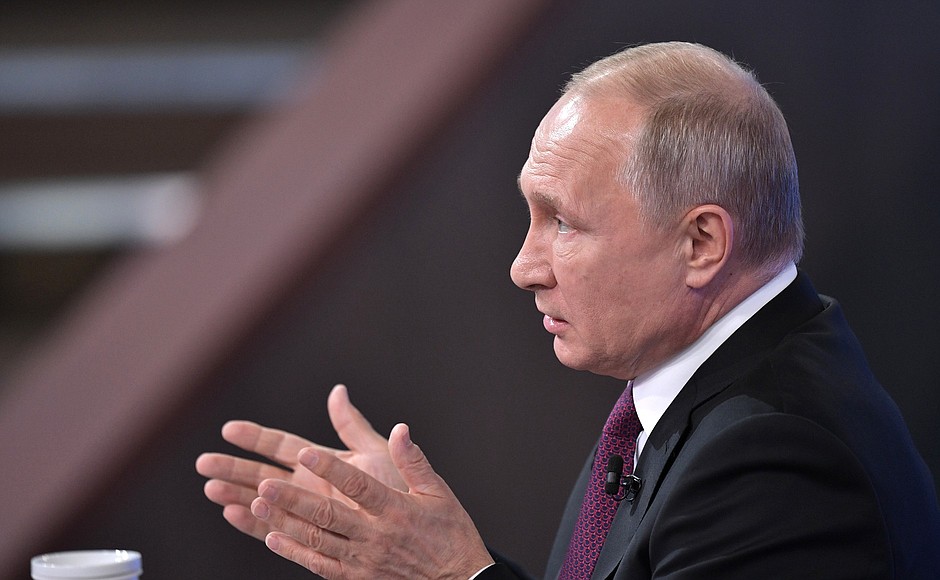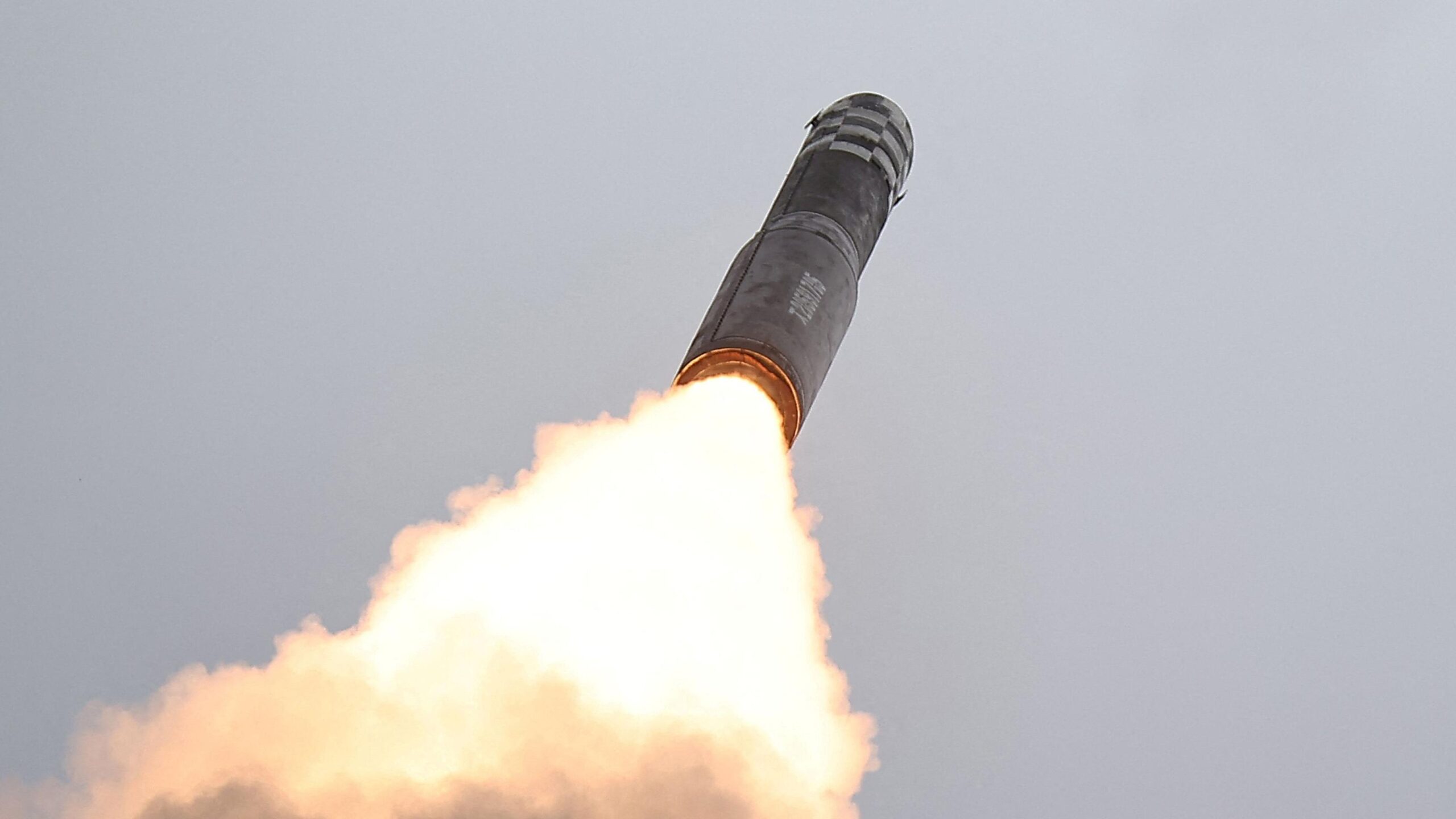New Delhi: External Affairs Minister S Jaishankar on Monday said that India is concerned over the conflict in Gaza and stressed that humanitarian crisis arising from conflicts require a sustainable solution that gives immediate relief to those most-affected. He asserted that world needs to be clear that terrorism and hostage taking “unacceptable.”
In his virtual address at the 55th Session of the Human Rights Council, Jaishankar said, “The conflict in Gaza is of great concern to us all. The humanitarian crisis arising from conflicts require a sustainable solution that gives immediate relief to those most affected. At the same time, we must be clear that terrorism and hostage-taking are unacceptable.”
“It also goes without saying that international humanitarian law must always be respected. It is vital that the conflict does not spread within or beyond the region. And efforts must also focus on seeking a two-state solution where Palestinian people can live within secure borders,” he added.
Notably, Prime Minister Narendra Modi was one of the first world leaders to call out Hamas’ attack on Israel on October 7 as a terror attack. Following Hamas’ attack, Israel launched a counter-offensive against the terrorist group in Gaza.
Highlighting India’s approach, he said, “Let me recall what Indian civilizational thought has always emphasized that the world shares one earth, we are one family and we have one future. Both as a motivating vision and as a call for action, this Indian approach is one of recognizing that we are defined more by how much we are alike than by our differences. But the many are impacted by the choices made by even a few and that this interconnectedness means a genuine dialogue as the only way to find solutions is not just and imperative but in fact inevitable.”
He stated that nations need to work together in the United Nations and outside to find lasting solutions to geopolitical challenges and called it a “collective responsibility.” He stressed that it is important to recognise that they need to reform “outdated structures and fix systemic flaws” for multilateralism to be credible, effective and responsive.
In his remarks at the 55th session of the Human Rights Council, he said, “It is therefore in our collective interest and responsibility to work together in the UN and outside to find lasting solutions to geopolitical challenges. For this to happen it is vital that we first recognize that for multilateralism to be credible, effective and responsive it is now high time to reform outdated structures and fix systemic flaws and urgently make multilateral frameworks fit for purpose reflecting current global realities. Let me conclude by reaffirming India’s steadfast commitment to global promotion and protection of human rights and to their enjoyment by our people.”
He noted that India’s approach to human rights is rooted in democratic principles and pluralistic ethos. He said that society and polity of India are enchored by the institutional strengths of an independent judiciary, robust media and vibrant civil society.
He said, “India’s approach to human rights is rooted in our democratic principles and pluralistic ethos. Our constitution guarantees protection of civil and political rights and provides for progressive realization of economic, social and cultural rights. Our society and polity are anchored by our institutional strengths of an independent judiciary, robust media and vibrant civil society. These values have continued to inform India’s policies domestically, and globally. And therefore, I believe we have much to contribute.”
Calling 2024 an important year for India’s democracy, Jaishankar said nearly 960 million voters are gearing up to exercise the right to vote in the upcoming elections. He said, “This is not merely a political exercise, but a celebration of democracy, a festival where every voice resonates and every vote counts. In a world where the principles of democracy are constantly tested, India stands as a beacon of hope and resilience, showcasing the power of the people to shape their collective future.”
Speaking about the achievements of India’s G20 Presidency, he said that African Union became a permanent member of the G20 and stated that G20 New Delhi Leaders Declaration put forth solutions for various sectors, including digital public infrastructure, climate action and women-led development.
Jaishankar said, “On India’s initiative, the African Union became a permanent member of the G20. The G20 New Delhi Leaders Declaration put forth solutions on a range of domains such as digital public infrastructure, climate action, reforming international financial institutions, women-led development, education, AI to name a few.”
He expressed India’s readiness to share its experiences and expertise with those who wish to benefit from it. He said that India’s development cooperation which spans across the globe is guided by the “priorities of our partners, creates local capacities and adheres to fiscal responsibility and transparency.”
Highlighting efforts of India in helping nations when they were in need, Jaishankar said that India’s was first responder during disaster emergencies in Turkey and Syria in 2023. He said that India provided assistance to Sri Lanka when it faced a severe economic crisis.
He said, “India has been at the forefront of lending a helping hand when it is most needed. We demonstrated this during the COVID pandemic. also as first responders in disaster emergencies like in Turkey and Syria last year and when Sri Lanka experienced a severe economic crisis. Under Prime Minister Modi’s vision of inclusive development with everyone’s participation, trust and contribution, India is firm in its resolve to ensuring a life of dignity for our people with our priority to gender empowerment.”
Jaishankar said that one-third seats were reserved for women in legislatures of India. He stated that India’s rapid progress in meeting Sustainable Development Goals (SDGs) targets, financial inclusion and democratization of technology will be of help to other countries on a similar journey.
“We have thus taken a lead to forge partnerships such as International Solar Alliance, Coalition for Disaster Resilient Infrastructure, the Global Biofuel Alliance, and promoted initiatives such as the International Year of Millets to help countries address the challenges of climate change and food security,” he added.
He even congratulated United Nations Human Rights Council President Omar Zniber on his re-election as the President of the Council and assured him of Indian delegation’s full support and cooperation to him and all mechanisms of the Council. Jaishankar stated that India remains committed to working with Council members and observers for promotion and protection of all human rights.
This report is auto-generated from a syndicated feed





















Discussion about this post